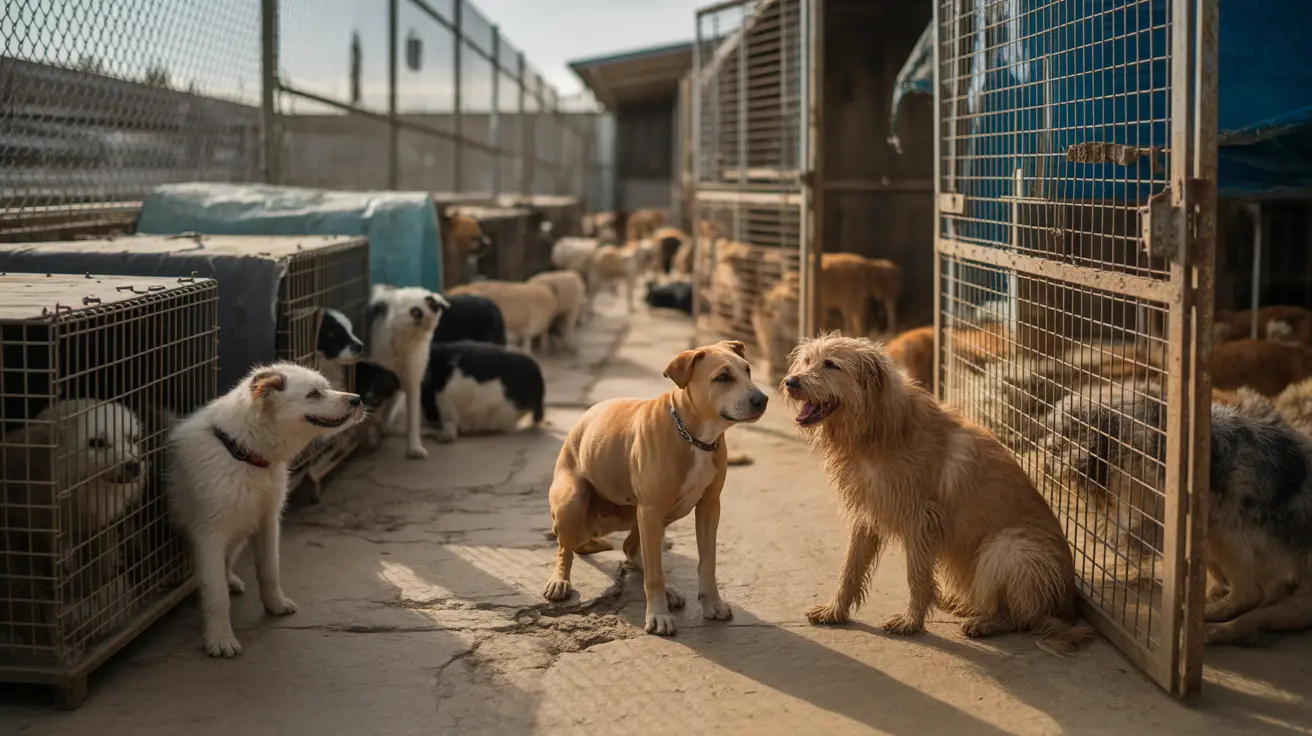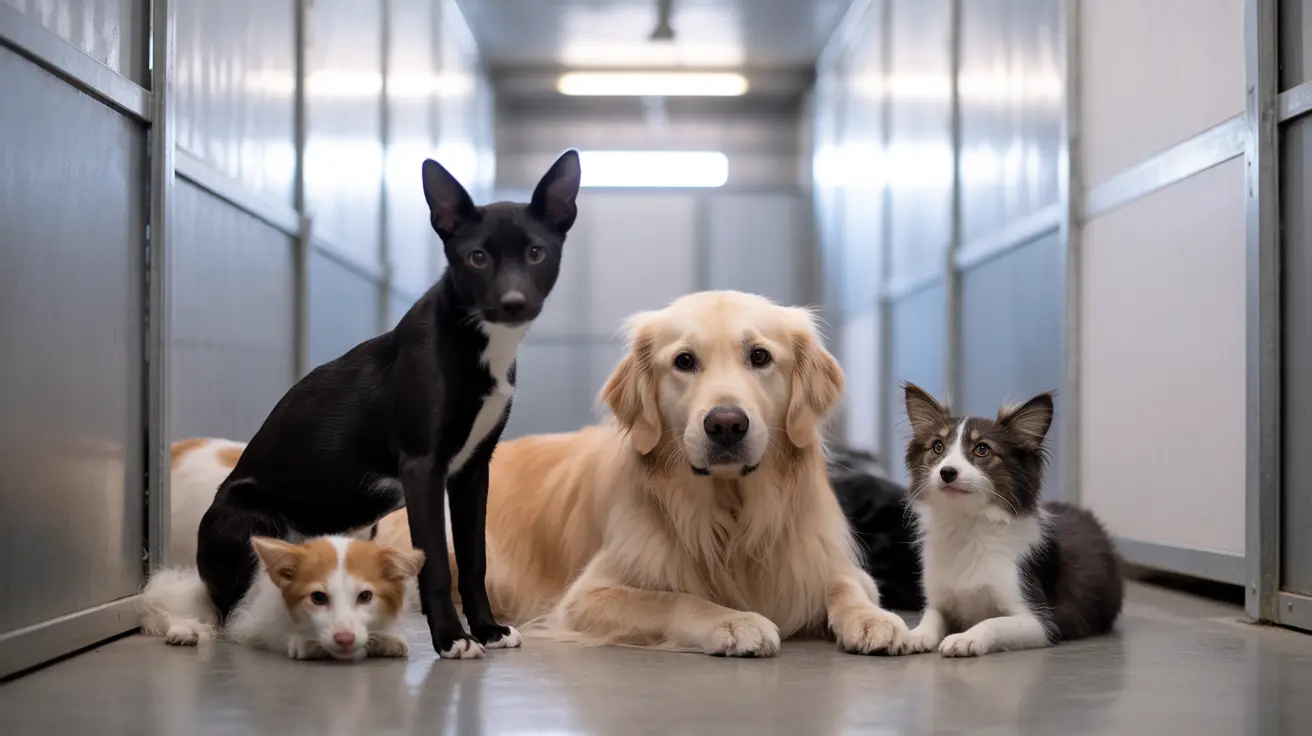Can Dogs Eat Macaroni and Cheese? What Every Pet Owner Should Know
As pet owners, we often feel tempted to share a bite of our favorite meals with our furry companions. One common question is whether dogs can safely eat macaroni and cheese. While the answer may seem straightforward, the issue involves various health considerations based on a dog’s dietary needs and sensitivities.
Is Macaroni and Cheese Safe for Dogs?
Technically speaking, macaroni and cheese is not toxic to dogs in small amounts. However, feeding it to them is not advised. This dish is typically high in fat, sodium, and dairy, which aren't suitable for canine digestive systems.
Why Macaroni and Cheese Can Be Problematic
- Dairy Sensitivity: Many dogs are lactose intolerant, and the cheese in this dish can lead to stomach upset, gas, diarrhea, or vomiting.
- High-Fat Content: Rich and fatty foods like cheese can contribute to obesity and pancreatitis, a serious and sometimes life-threatening condition in dogs.
- Salt and Additives: Processed macaroni and cheese, especially boxed versions, often contain high levels of sodium and artificial additives that are harmful to dogs.
- Harmful Ingredients: Some homemade recipes may include toxic elements like onions or garlic, which can be dangerous even in small quantities.
Risks to Dogs with Preexisting Conditions
Feeding macaroni and cheese to dogs with certain health issues like diabetes, obesity, or pancreatitis heightens the risk of complications. Dogs on special diets or those with food allergies or intolerances should avoid this meal altogether.
Symptoms of Adverse Reactions
If a dog eats macaroni and cheese, watch for the following symptoms:
- Vomiting
- Diarrhea
- Stomach pain or bloating
- Gas
- Lethargy or restlessness
If these symptoms persist or worsen, seek advice from a veterinarian. If the dish contained toxic ingredients like garlic or onion, prompt medical attention is essential, particularly for small dogs.
Can Cheese Be Given as a Treat?
When given occasionally and in small, controlled portions, some types of cheese can be a safe treat. For example:
- Safe in moderation: Cheddar cheese, mozzarella, or cottage cheese (low-fat and low-salt versions)
- Unsafe to avoid: Blue cheese, processed cheese spreads, or cheese with added seasonings
Even when using cheese to administer medication or encourage eating, keep portions modest to avoid overfeeding.
Healthier Alternatives for Treats
If you’re looking for healthy snack options for your dog, skip the macaroni and cheese. Instead, try these safe alternatives:
- Vegetables: Carrots, broccoli, pumpkin (plain and cooked)
- Fruits: Apple slices (without seeds), watermelon (no rind or seeds)
Always ensure these are served plain and without added salt, sugar, or seasonings.
Guidelines for a Balanced Canine Diet
The best way to maintain your dog’s health is by feeding a high-quality commercial dog food that meets all nutritional requirements. Treats—including cheese—should make up no more than 10% of their daily caloric intake.
When to Consult a Veterinarian
If your dog accidentally consumes macaroni and cheese or exhibits symptoms of discomfort afterward, monitor their condition. Contact your vet if signs extend beyond mild digestive distress. For dogs with underlying health issues, dietary changes should always be discussed with a veterinary professional.
Conclusion
While a bite of macaroni and cheese may not be life-threatening, it’s far from the ideal treat for your dog. The high fat, lactose, and sodium content make it an unwise choice. Choosing nutrient-rich, dog-safe alternatives and sticking to their recommended diet is the best way to keep your furry friend healthy and happy.





